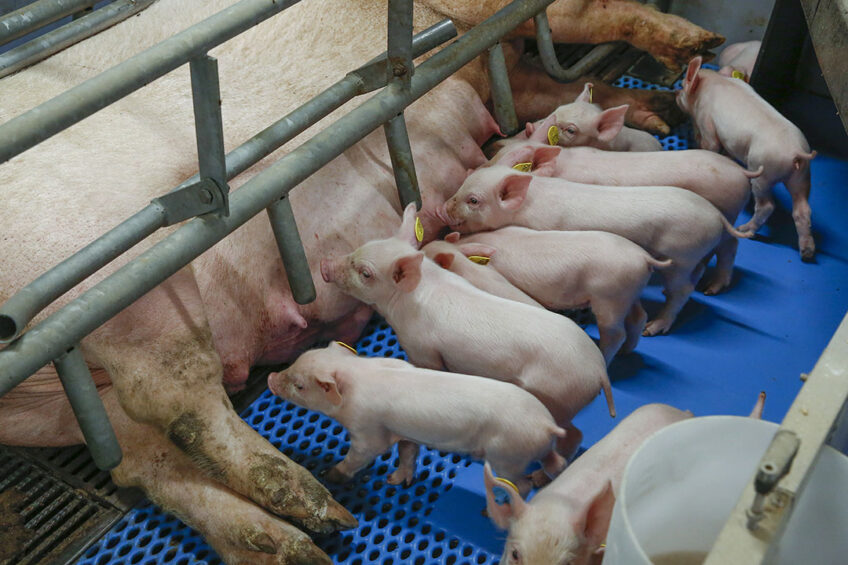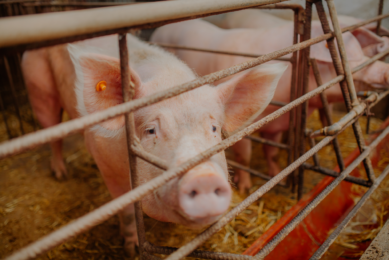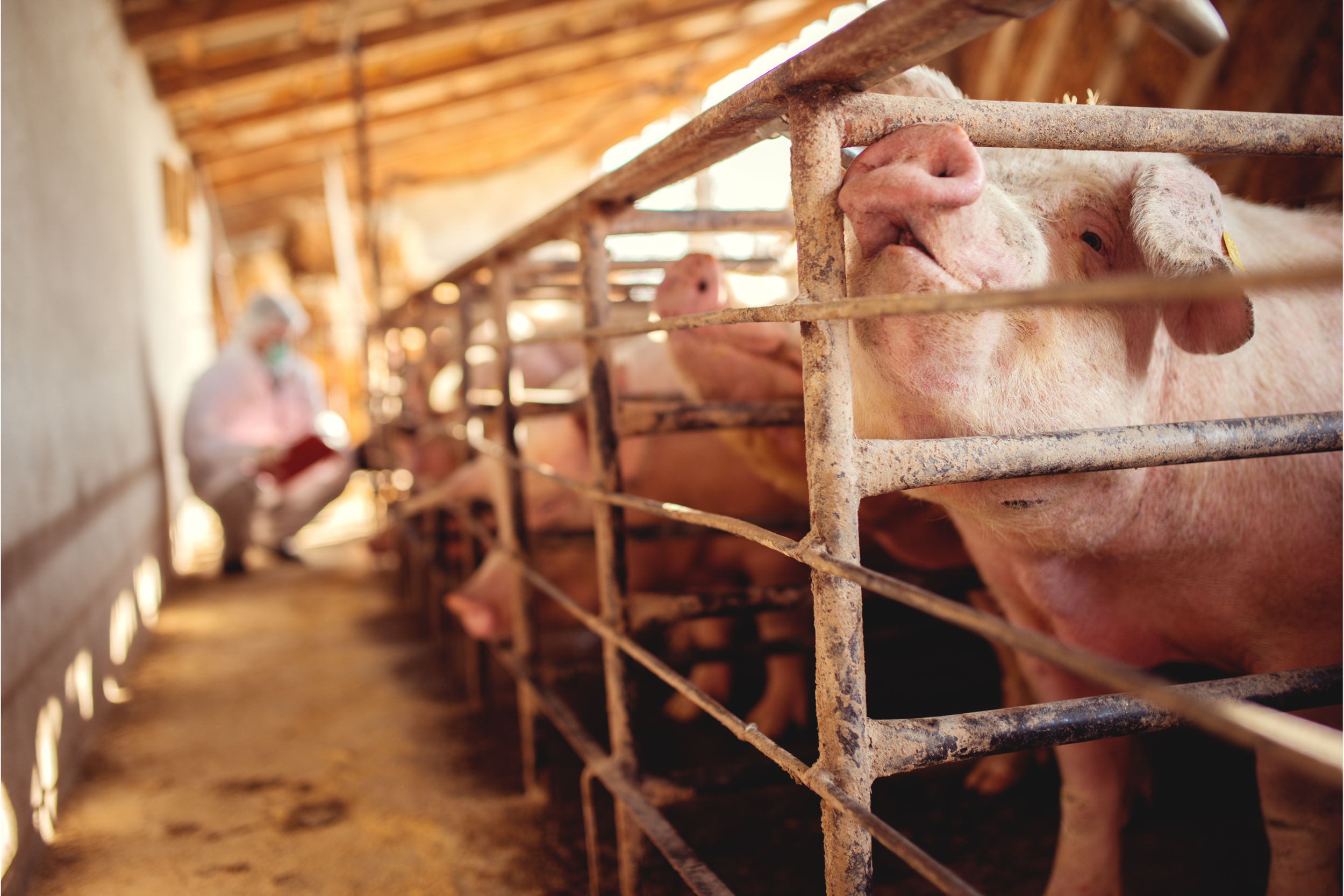Prop 12 – US Supreme Court ruling expected by February 2023

The US Supreme Court decision on a California law known as Prop 12 will greatly impact the swine industry in both the US – and Canada as well. The North American Meat Institute challenged Prop 12, and asked the US Supreme Court to review it. In June 2021, the Court refused to do so, but that decision was reversed in March 2022 with the case hearing set for fall 2022.
Meanwhile, the National Pork Producers Council (NPPC), in collaboration with the American Farm Bureau Federation, launched a separate lawsuit against the state of California. On June 13, they filed a brief arguing that Prop 12 violates the US constitution’s Commerce Clause, which restricts states from regulating commerce outside their borders.
In agreement, shortly afterwards the US Solicitor General filed a request with the Supreme Court to strike down Prop 12.
Supreme Court hears case
In October 2022, the Supreme Court heard arguments from the NPPC and other parties opposing Prop 12. NPPC President Terry Wolters said the judges were very well prepared and had many questions on topics such as product labelling, and what other aspects of production California or another state could potentially try and restrict on a national level if Prop 12 succeeds.
As expected, the arguments against Prop 12 focused on the Commerce Clause which seeks to preserve a national market for goods and services. A neutral brief filed by a group of academics states that California consumers would almost certainly pay more for pork products, and producers would suffer economic harm.
For his part, Michigan State University Professor David Favre expects the court will uphold Prop 12, and “within 5 years livestock producers will be proposing national legislation setting uniform welfare standards for farm animals.” But he adds that “it is impossible to predict now whether a national law would improve animal welfare.”
Canadian hog farmers worried
Manitoba pork producers export large amounts of product to the US, along with young pigs. Cam Dahl, general manager of Manitoba Pork, said recently that the Supreme Court decision will affect not only Manitoba producers and processors but those in other provinces that also ship across the border.
It is interesting to note, however, that mandatory open housing for gestating sows is moving forward in Canada. Major integrated producer Maple Leaf Foods has already transitioned all its own production.
The company says prior to redesigning its barns, staff toured operations in Europe and studied those approaches they used. The group sow housing system they created “is designed to enable pigs to choose when to eat when they are hungry, when to play when they feel social and when to sleep when they are tired.”
Better pig health and higher levels of job satisfaction in workers has resulted. But the company also measures success “in what we do not see. Sows confined to gestation creates often display repetitive, stereotypic behaviours like head-banging and bar-biting as a way of coping with the stress that living in a confined space can cause. These behaviours simply do not occur in our open housing.”
Opposition against Prop 12
Since it was passed in 2018, Proposition 12 has been strongly opposed by the US pork industry. It outlines standards for confinement systems for sows, poultry and veal calves in California. It was fully implemented in January 2022. Each breeding sow must have 24 ft2 of space and gestation crates are not permissible.
However, Prop 12 also prohibits any business from selling into California pork meat, veal meat and eggs derived from animals housed in a manner that violates Prop 12 standards. California has only a little pork production, but the largest pork market of any state – about 13-15% of the total US market. Therefore Prop 12 mostly applies to companies outside California’s borders.
Laws in 9 US states
9 other US states already have laws in place requiring pork producers to phase out gestation crates. Massachusetts has a law similar to California that includes in-state sales of pork produced in other states, with enforcement on hold until the Supreme Court rules on Prop 12. 2 of the largest US pork companies, Tyson Foods and Hormel have agreed to comply with Prop 12.











